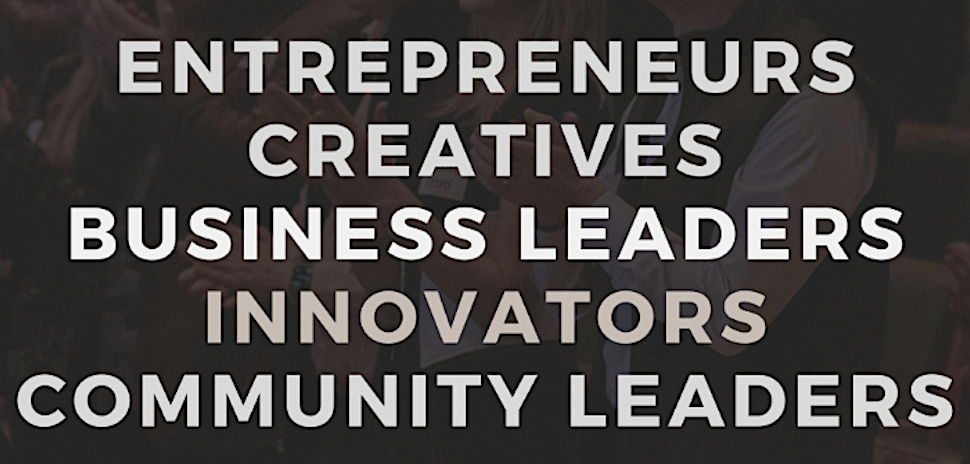Aerospace engineer Eric Shaw’s journey from working on powerful airplanes to pursuing his dream of becoming a pilot is a testament to his determination and passion for innovation. At the age of 22, Shaw realized that traditional flight training was financially out of reach for him, prompting him to save up $12,000 over two years to earn his private pilot’s license. This experience sparked his interest in finding a more affordable and sustainable way to train pilots, leading him to join the MIT Sloan School of Management’s Leaders for Global Operations (LGO) program.
As a graduate student in the MIT Department of Aeronautics and Astronautics’ Certificate in Aerospace Innovation program, Shaw, along with fellow students Gretel Gonzalez and Shaan Jagani, proposed the idea of training aspiring pilots on electric and hybrid planes. This innovative approach not only reduces flight school expenses by up to 34 percent but also contributes to shrinking the industry’s carbon footprint. Their vision for the Aeroelectric Flight Academy caught the attention of judges at the program’s Pitchfest event, where they were awarded the top prize of $10,000.
Shaw’s experience in the aerospace industry has been transformed by his involvement in the Certificate in Aerospace Innovation program. Initially viewing aerospace and entrepreneurship as incompatible, Shaw now feels empowered and confident in his ability to make a meaningful impact in the industry. The program, spearheaded by AeroAstro professors Olivier L. de Weck and Zoltán S. Spakovszky in partnership with the Martin Trust Center for MIT Entrepreneurship, aims to capitalize on the changing landscape of the aerospace industry.
The Certificate in Aerospace Innovation program equips participants with a unique blend of coursework in aerospace engineering and entrepreneurship, exposure to industry experts through a speaker series, and hands-on entrepreneurship experience. Students have the opportunity to engage in programs like StartMIT and compete in Pitchfest, providing them with the skills and knowledge to evaluate the market viability of their innovations.
The program has seen significant success, with 46 participants from the MIT community and 13 graduates earning the certificate since its inception. The current cohort, the fourth of its kind, boasts the largest enrollment yet, with 21 postdocs, graduate students, and undergraduate seniors across various courses and programs at MIT.
One of the program’s success stories is Eddie Obropta, who co-founded Raptor Maps, a company that uses drones and artificial intelligence to optimize crop yields. Obropta’s journey from competing in the MIT $100K Entrepreneurship Competition to leading a successful startup highlights the impact of programs like the Certificate in Aerospace Innovation in fostering entrepreneurial spirit within the aerospace industry.
While the program aims to cultivate successful startups like Raptor Maps, its ultimate goal is to instill an entrepreneurial mindset and skill set in all participants. This approach, emphasizing market potential, resilience in the face of failure, and building a strong professional network, is valuable across various industries, not just startups.
The Aeroelectric Flight Academy team, comprised of Shaw, Gonzalez, and Jagani, exemplifies the diverse aspirations of program participants. While they are focused on scaling their business and attracting investors, each member has unique career goals, ranging from becoming an astronaut to working for major aerospace companies. Despite their individual paths, they all share a deep appreciation for the supportive and collaborative community fostered by the Certificate in Aerospace Innovation program.
In conclusion, the Certificate in Aerospace Innovation program at MIT is not only shaping the future of the aerospace industry but also nurturing a new generation of entrepreneurial leaders. Through a blend of technical expertise, entrepreneurial skills, and real-world experience, participants like Eric Shaw are empowered to drive innovation, create impact, and transform the aerospace industry for the better.




















